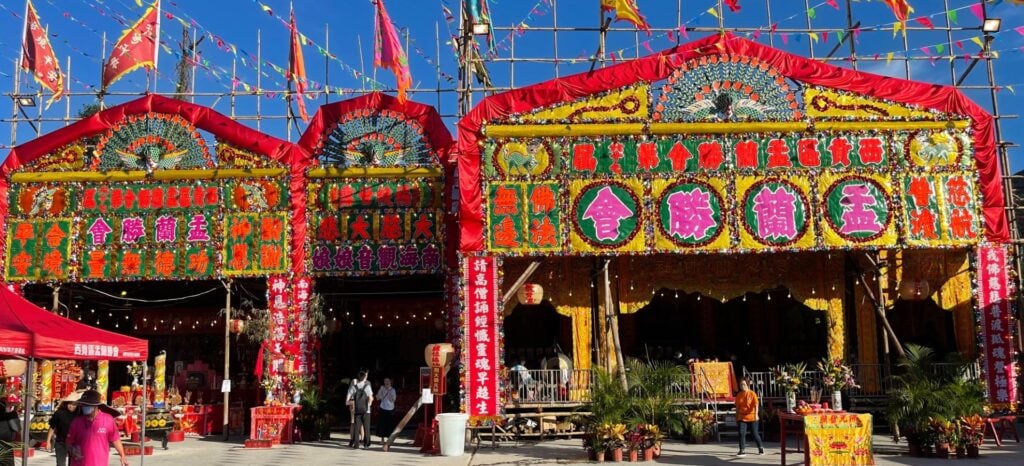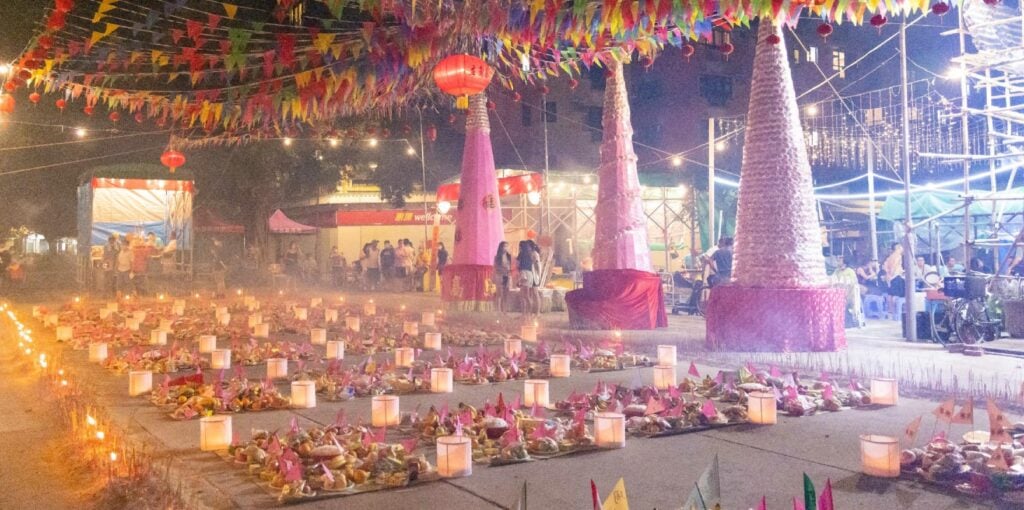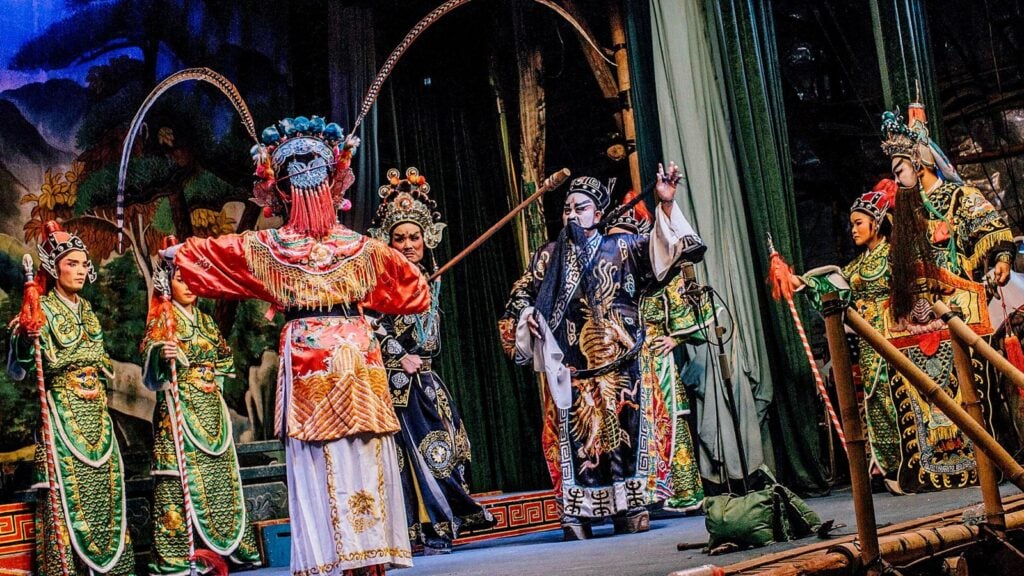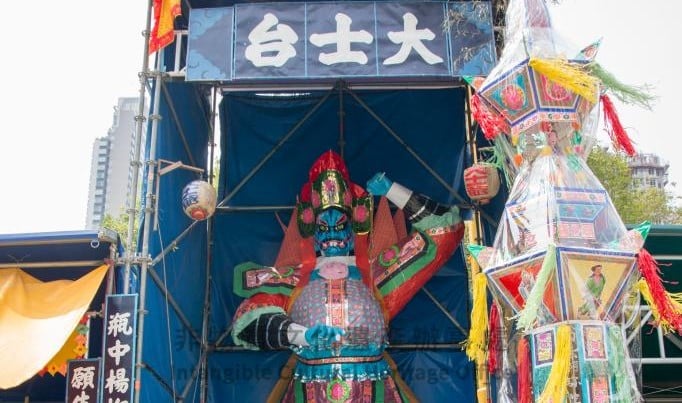Hungry Ghost Festival: When The Spirits Visit The Living
Every culture finds unique ways to honour and remember those who have passed away. In most Western countries, notable celebrations include Halloween and Dia de los Muertos, which take place in October and November. In Hong Kong, there are several significant festivals dedicated to this purpose.
The three primary celebrations in Hong Kong are the Ching Ming Festival, also known as Tomb Sweeping Day, held in April; the Hungry Ghost Festival, which occurs on the fifteenth day of the seventh lunar month (usually in August or September); and the Cheung Yeung Festival, or Double Ninth Festival, celebrated in autumn (recently held on October 29, 2025).
While widely observed within the community, the Hungry Ghost Festival is not designated as a public holiday. During the Ching Ming and Cheung Yeung Festivals, living family members honour their deceased ancestors. Conversely, the Ghost Festival is believed to be a time when spirits are free to visit the living, seeking solace.
The Hungry Ghost Festival finds its roots in the rich traditions of both Buddhism and Taoism. Taoism focuses on honouring spirits and the deities associated with heaven, earth, and water. In contrast, Buddhism emphasizes the importance of filial piety, which involves the duty to respect and care for elders and ancestors.
In Chinese culture, the seventh month of the lunar calendar is regarded as the Ghost Month, a time when the gates of the underworld are believed to open, allowing spirits to roam among the living. During this month, various rituals are performed to distract, appease, or comfort these wandering souls.
Along the streets, people can be seen tending to fires to burn offerings, including replica money, so their ancestors may use them in the afterlife. Families create altars adorned with elaborate meals to keep the spirits content, thus reducing the chance of mischief or misfortune.
One of the festival’s standout features is the Chinese Opera, which serves as both entertainment and a way to please the spirits. With its colourful costumes, traditional music, and dramatic storytelling, these performances bring ancient legends and folklore to life.
During the annual festival, the Chiu Chow community residing in Hong Kong organises the Yu Lan Festival, which takes place throughout the entire seventh lunar month. In 2011, the Yu Lan Festival of the Hong Kong Chiu Chow diaspora was officially added to the national list of Intangible Cultural Heritage (ICH).
The Hungry Ghost Festival comes with its own set of superstitions and warnings. For instance, swimming in open waters, staying out late, or catching the last bus are all considered risky. Photographs taken at night, as well as wearing dark or all-black attire, are also frowned upon. Additionally, some believe that whistling or singing after dark, disturbing roadside offerings, and inserting chopsticks upright into rice can draw in spirits or bring on bad luck.
The Hungry Ghost Festival is a moment to honour and pay tribute to our ancestors and the wandering spirits. It is a time to embrace traditions and treasure the bonds we share with our past.
Note: in 2026, the Hungry Ghost Festival is set to take place on August 27.



